One slogan used by the folks at now-defunct Floyd Nutrition on weight-loss “supplements” like ZXT Bee Pollen and ZXT Gold Infinity was “Offering the gift of health,” but a more accurate statement might have been “Offering the secret gift of drugs that were pulled from the market years ago for potential health risks,” or rather, “Offering products that will land this company’s founder in federal prison for two-and-a-half years.” [More]
fda

Supplement Company Owner Gets 30 Months In Prison For Selling Diet Pills Containing Unsafe Ingredients

Ancestry.com Wants To Get Into The Genetic Disease-Diagnosing Business
Nearly two years after federal regulators drove genetic testing startup 23andMe out of the business of identifying potential risks for disease, the folks at genealogy website Ancestry.com say they want to be able to review customers’ DNA tests for potential problems. [More]

Group Suing FDA For Failing To Cut Excess Sodium In The Food Supply
A nonprofit food safety and nutrition watchdog group is taking the Food and Drug Administration to federal court, claiming the agency hasn’t reduced sodium in packaged and other foods. This puts Americans at risk for stroke, heart disease and other health problems, the lawsuit claims. [More]
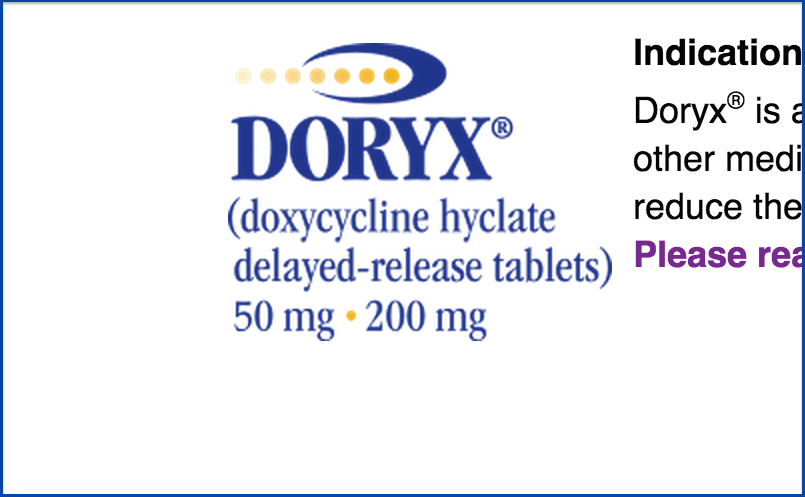
How Drug Companies Use “Product Hopping” To Fight Off Affordable Generic Drugs
You’re probably used to the idea of your doctor prescribing you a brand-name drug and your pharmacist automatically substituting a lower-cost generic equivalent that saves you, the drugstore, and your insurer money. But there’s a practice in the industry known as “product hopping” that brand-name drug makers can use to repeatedly delay generic versions from reaching consumers. [More]

Supplement-Maker Who Diluted Products With Other Powders Sentenced To 40 Months In Prison
When you buy a food product or a dietary supplement, you should be confident that the product’s ingredients are listed on the label, and that you’re getting what you paid for. Federal prosecutors say that one dietary supplement wholesaler in New Jersey spent four years selling products diluted with products like maltodextrin or rice flour, increasing profits but defrauding customers. The company’s owner now must forfeit $1 million in profits and has been sentenced to 40 months in prison and one year of supervised release. [More]

Following Deaths, FDA Warns Makers Of Powdered Caffeine That Their Products Are Dangerous
Last summer, two young adults died after ingesting powdered caffeine, leading the Food and Drug Administration to warn consumers of the potential hazards of the popular stimulant while public health advocates called for a ban on the powdered product. Now the FDA is taking things to the next level and warning caffeine manufacturers that their products are “dangerous and present a significant or unreasonable risk of illness or injury.” [More]
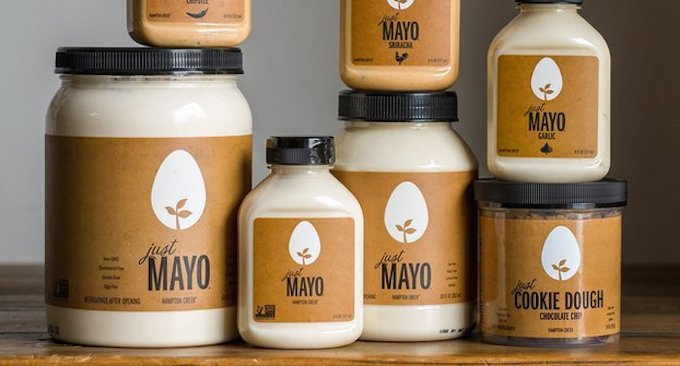
FDA Warns Company Behind “Just Mayo” That Its Product Isn’t Actually Mayonnaise
What difference does a food label make? A whole heck of a lot, according to the Food and Drug Administration. Which means if your product doesn’t abide by federal guidelines, it can’t masquerade as something it’s not. As such, the FDA is warning the makers of “Just Mayo,” a vegan-friendly spread, that it can’t call itself mayo because mayonnaise contains eggs, which its product does not. [More]

FDA To Hold Public Meeting, Seek Comments On Antibiotic Overuse In Farm Animals
For decades, livestock farmers inadvertently encouraged the development of drug-resistant bacteria by providing a continuous stream of medically unnecessary antibiotics to their cows, pigs, and chickens — primarily to end up with bigger animals — while the Food and Drug Administration kept the issue on the back-burner. Meanwhile, antibiotic-resistant pathogens sicken more than two million people in the U.S. each year, resulting in at least 23,000 deaths. Now that everyone from consumers to lawmakers to public health advocates to McDonald’s and even Walmart are starting to care about the topic, the FDA is starting to listen. [More]

FDA Approves Addyi, Which Is Absolutely Not Viagra For Women
Late yesterday, the Food and Drug Administration approved the drug flibanserin, which will hit the market under the brand name Addyi. You’ll see a lot of headlines and smirking news anchors using the phrase “Viagra for women” when talking about the drug, but that’s only correct in one sense. This drug wouldn’t be for sale to patients at all if it weren’t for the success of Viagra as a drug marketed directly to consumers. [More]

Court Shuts Down Iowa Supplement Company Distribution Over Misbranding, Unfounded Safety Promises
There are about 200 fewer adulterated dietary supplements on the market today after a district court ordered an Iowa company and its owners to stop production of products over allegations the company sold potentially unsafe dietary supplements and falsely advertised them as treatments for diseases ranging from colds to cancer. [More]
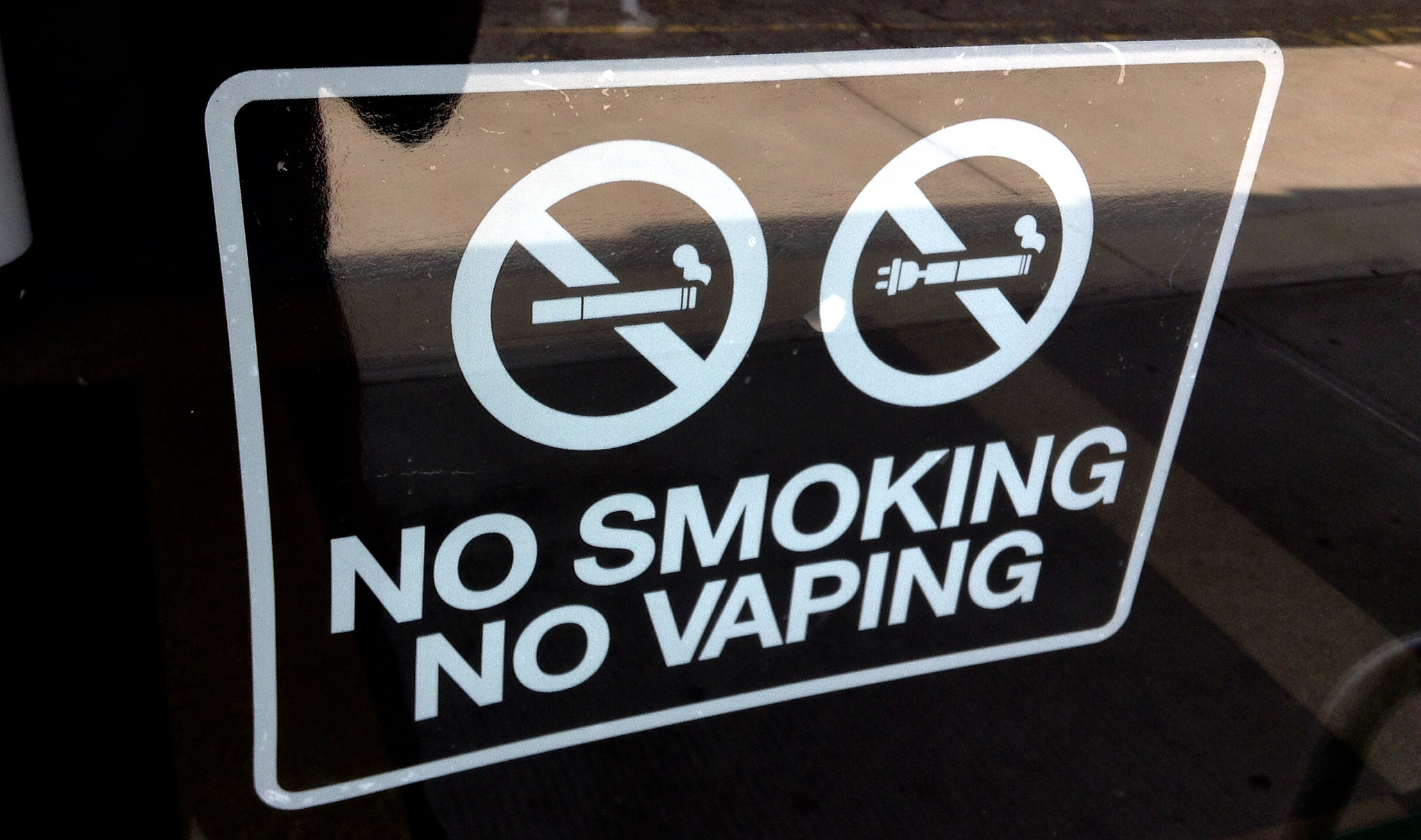
FDA Regulation Of E-Cigarettes Would Only Help Big Tobacco, Say Vaping Startups
If you go into a convenience store to buy cigarettes, you might have a wide variety of smokes to choose from, but most of those brands are made by three or four huge tobacco companies. But if you’re one of the growing number of consumers who choose vaping over traditional cigarettes, there are seemingly countless small companies willing to sell you liquid nicotine. Some of those startups say that pending FDA regulation of e-cigarettes could put them out of business, leaving only big tobacco. [More]
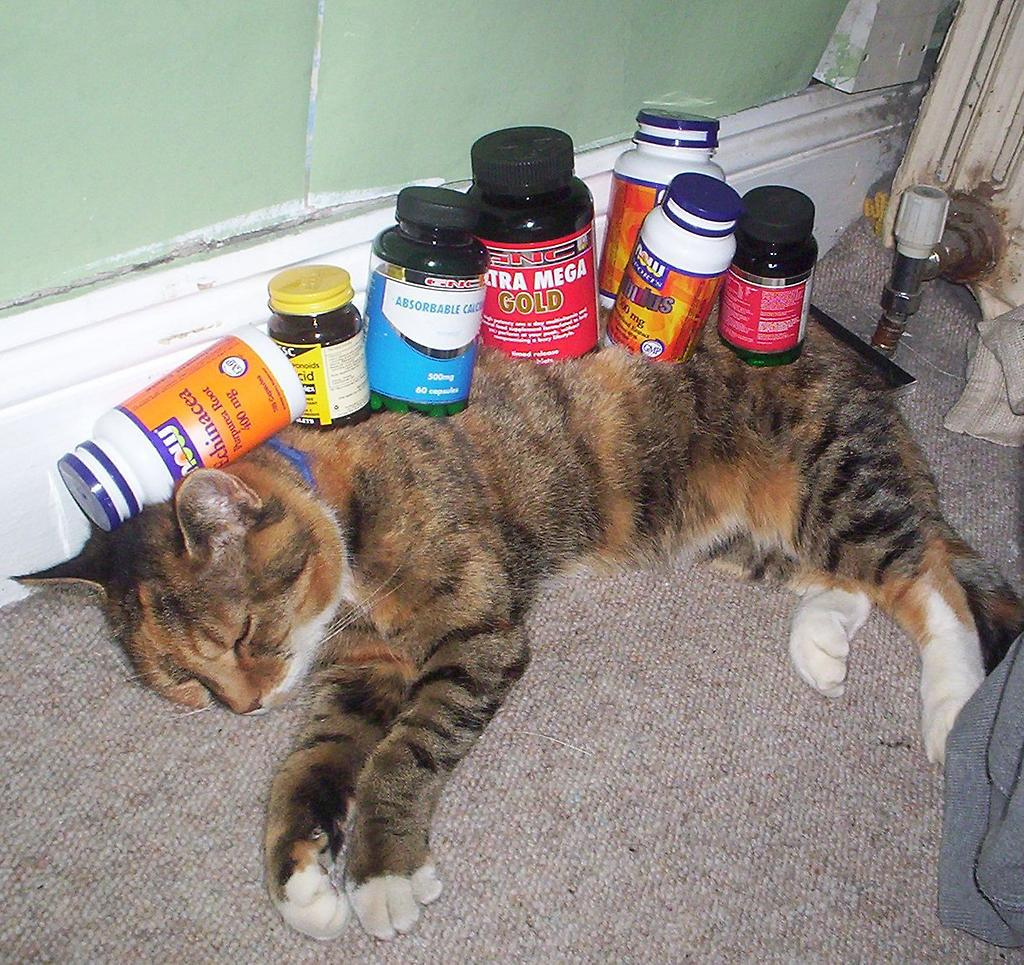
DOJ Sues Supplement Makers Over Mislabeling, Failure To Follow Good Manufacturing Processes
When people buy dietary supplements, they do so assuming that the product in the pill, powder, or liquid actually is what it claims to be, and that the amount you’re taking is correct. The U.S. Department of Justice has accused three supplement makers of being careless with what went into their products –– or, in bureaucrat-speak, “misbranding” and “not complying with the FDA’s current good manufacturing practices.” [More]

CDC: 358 People In 26 States Confirmed To Have Cyclosporiasis From Cilantro
Last week, the Food and Drug Administration imposed a partial import ban on cilantro grown in Mexico after an outbreak of the parasitic gastrointestinal illness Cyclosporiasis was traced to specific fields and processing facilities in that country. So far, according to the Centers for Disease Control and Prevention, government agencies have been able to confirm 358 cases of the illness, in 26 states. [More]

FDA Warns About Mixups Between Drugs With Similar Names
Here’s a scary thought: dangerous medication mixups could begin at your doctor’s office. The FDA put out a warning today that they’ve received reports of mixups between similarly-named drugs that do very different things. The FDA urges patients and caregivers to know what the drug they’re supposed to be taking looks like, and alert medical providers if the drug that they receive looks different. [More]
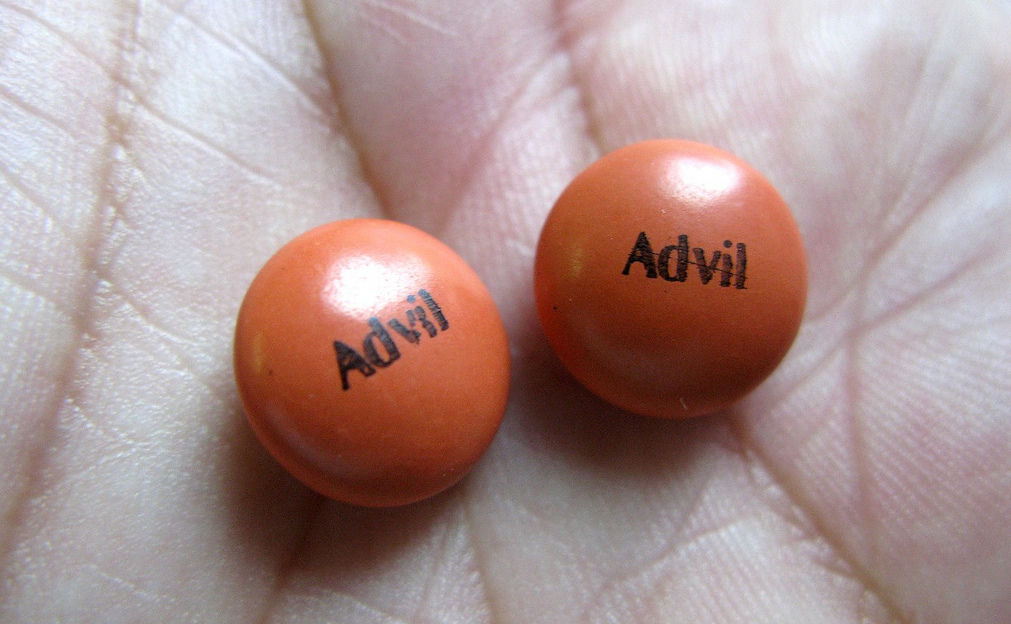
FDA Requiring Stronger Heart Attack & Stroke Warnings For Many Common Painkillers
The Food and Drug Administration is looking to make consumers more aware of potential risks for heart attack and stroke associated with a popular class of painkillers that many of us use on a frequent basis for everyday aches and soreness. [More]

Perdue Says Half Its Chickens Now Raised Without Any Antibiotics At All
Almost a year ago, Perdue — one of the biggest names in chicken — announced its hatcheries would cease using antibiotics that were medically important to human beings, and today the company said that it has reached a milestone in the move to curb the dangerous overuse of these vital drugs, claiming that more than half of its birds are now being raised without the use of any sort of antibiotics at all. [More]

FDA Says Artificial Trans-Fat No Longer Approved For Use In Food
Artificial trans fats are believed to promote coronary disease by increasing the amount of bad cholesterol in the blood while decreasing the levels of good cholesterol. While the use of partially hydrogenated oils — the largest dietary source of these trans fats — has dropped significantly in the last decade, there is still concern about their continued use and the impact it’s having on consumer health. Today, the FDA declared that these oils are no long “generally recognized as safe” [GRAS] for use in human food and is giving manufacturers three years to eliminate them from prepared food products. [More]

How Recalls Work (And Don’t) And Why They’re All So Different
Manufacturers — of all kinds — usually try hard to get it right on the first try. From banana muffins to bicycle helmets, it’s in a company’s best interests to make their products perfect. Not only is it better for their reputation and their business, but it’s less expensive, in the long run, and causes less trouble. Sometimes, though, something just goes wrong. [More]

